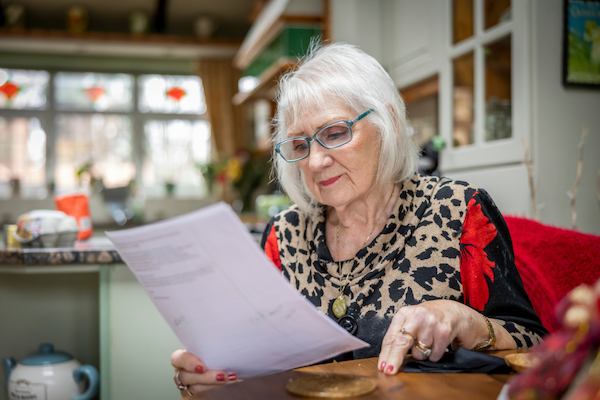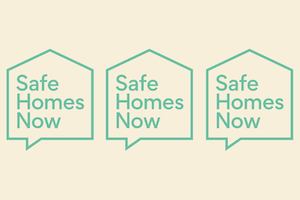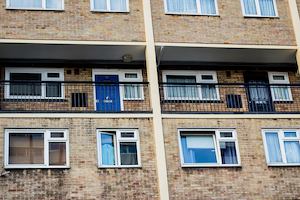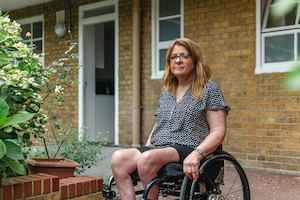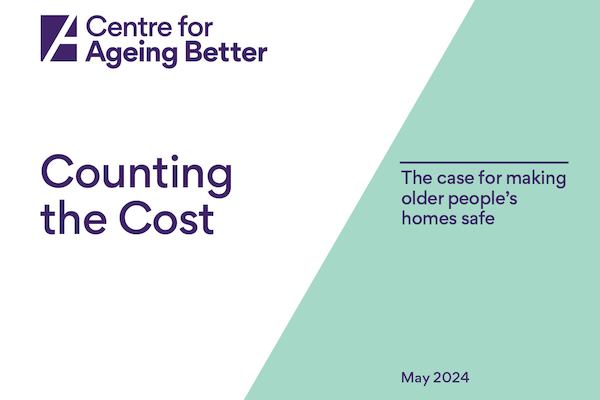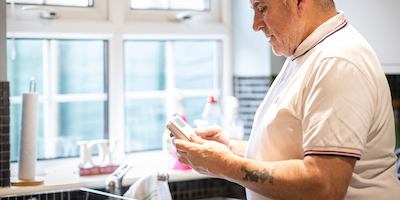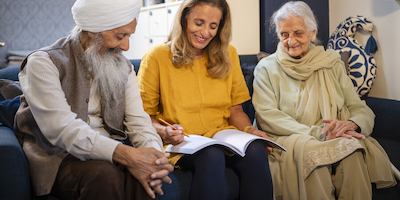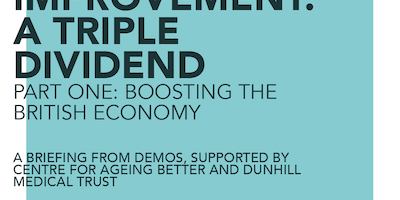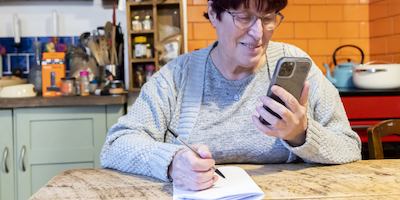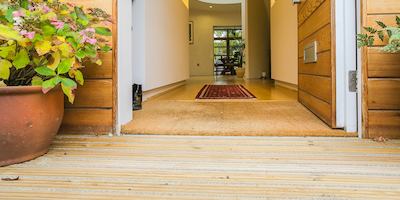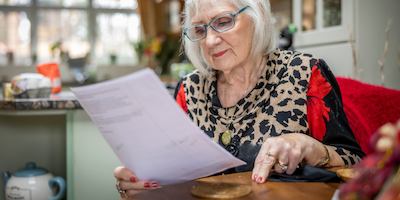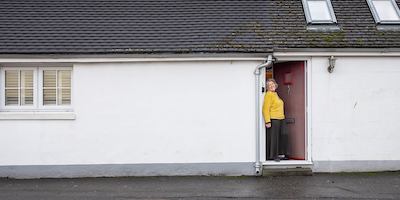New Ageing Better campaign calls on government to halve number of unsafe homes within next decade to improve nation's health
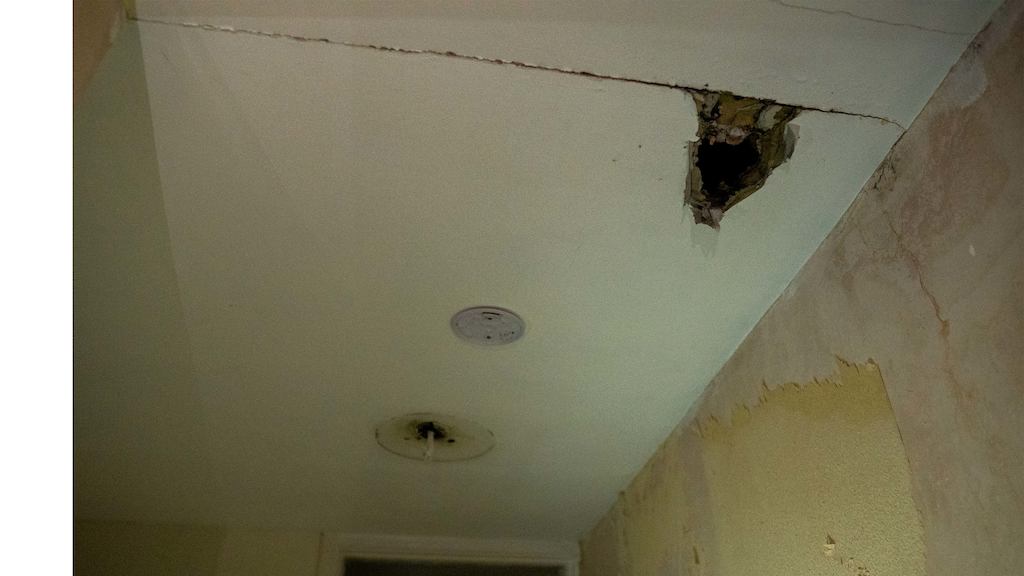
Newly launched Safe Homes Now campaign with eight other charities says it is time to end the scandal of 8 million people living in dangerous homes that pose significant risk to inhabitants’ health.
New survey to support campaign finds majority of public want government to do more to help people live in good quality homes.
The government needs to halve over the next decade the 3.7 million dangerous homes in this country that blight the lives of their inhabitants, says a new charity-led campaign launching this week.
Nine charities have initiated the Safe Homes Now campaign calling for meaningful government action to improve the quality of the country’s worst homes as a preventative strategy to help protect the nation’s health.
Currently 8 million people live in 3.7 million dangerous homes that are cold, in need of repair or have serious hazards.
The campaign reflects a growing demand among the public for action on the issue with new polling revealing more than half of people (52%) say government should be doing more to support people in ensuring their homes are in a good condition.
The survey found that one in four people (25%) are worried about the impact the condition of their home has on their family’s health – rising to one in three people (34%) in the private rented sector and almost one in two (48%) for housing association tenants.
The new polling, commissioned by campaign founders the Centre for Ageing Better, also reveals that:
- More than half of people (54%) say that it has become more difficult to keep their home warm over the past two years.
- Two in five people (39%) say that it has become more difficult to keep their home in a good state of repair in the same timeframe.
- One in four people (25%) say that is has become more difficult to keep their home free from hazards and defects over the past two years.
The Safe Homes Now campaign, which is already being supported by nine charities including St John Ambulance, Race Equality Foundation and The Runnymede Trust, is calling for a national strategy to tackle the poor quality of the country’s homes.
Dr Carole Easton OBE, Chief Executive at the Centre for Ageing Better, said:
“No one should have to live in a dangerous home that damages their health or the health of their family. Poor quality housing is severely damaging the health of millions of children, adults and pensioners – and incurring huge healthcare costs and putting enormous strain on health services.
“Building new homes will not adequately solve the problem because four in five homes that will exist in 2050 have already been built. It is shocking that there is virtually no consideration of how we are going to address the quality of our homes and prevent inflicting further harm on the health of the nation.
“As our survey shows, being able to afford to have home improvement work is a significant barrier but it not the only problem we need to overcome. People don’t know who to trust or where to get advice on what needs to be done to make their homes safe.
“With a greater political priority and adequate resourcing, we could fix all unsafe homes in this country and help ensure everyone has the opportunity for longer and healthier lives.”
Data analysis by the Centre for Ageing Better reveals that homes with poor energy efficiency and an Energy Performance Certificate of D or worse are in the majority in three out of four parliamentary constituencies in England.
Data also shows that poor quality housing is a major issue across all tenures and ages of buildings.
For the first time since 2016, the number of non-decent owner occupied homes has risen, with 2.2 million homes now defined as unsafe - double the number of non-decent homes in the private rented sector.
Almost one in four homes (21%) in the private rented sector fail the decent homes standard compared to around one in seven owner-occupied (14%) and one in ten (10%) socially rented homes.
Around one in seven homes (15.4%) built between 1981 and 1990 are now classed as non-decent – a higher proportion than for post-war homes, built between 1945 and 1964, that are almost twice as old. Around one in three homes (31.6%) built before 1919 now poses a health risk to their residents.
Lynn Perry MBE, CEO of Barnardo's, said:
"Growing up in a cold, damp and unsafe home can have a huge and lasting impact on a child's life.
"Our own research showed that in the last 12 months, more than 200,000 families had seen their children's bed or bedding getting mouldy because they couldn’t afford to put the heating on.
"This cannot be right. We need a commitment from all political parties to make sure every child grows up in a safe home.”
Among people surveyed for the campaign launch who had needed repairs on their homes in the past two years but hadn’t been able to have the work done, more than half (57%) said that they hadn’t had the repair work carried out because it was too expensive.
A further one in five people (19%) could not find the right person for the job.
The Centre for Ageing Better believes that the solution to resolving the national crisis of dangerous homes is the establishment of a national network of local one-stop shops called Good Home Hubs.
Good Home Hubs would offer advice on home repairs and adaptations including where to find trusted tradespeople, identifying what work needs to be done, how to finance repairs and improve energy efficiency.
The Safe Homes Now campaign survey reveals that more than one in two people (57%) would likely use a Good Home Hub if it was available in their area.
Henry Gregg, Director of External Affairs at Asthma + Lung UK, said:
“No one should have to live in a home that damages their health, which is why we're proud to support this campaign to raise awareness of the consequence of poor-quality homes.
“We know that respiratory infections can thrive in colder temperatures and poorly ventilated, damp environments. Long-term exposure to colder temperatures, damp and mould can also affect the immune response, hampering the body’s ability to fight off respiratory infections.
“This is one of the reasons we are joining the campaign so that no one in England has to live in a home that damages their health and limits their life.”
The case for increasing political focus and investment in home improvement is well supported by previous Centre for Ageing Better research which has shown:
- More money is spent annually on maintaining the Houses of Parliament than the rest of the nation’s housing combined.
- More than £2 billion has been withdrawn in grant support over past decade – preventing the repair of 600,000 homes.
- Investing just £625m a year in home improvement could improve the quality of 520,000 homes a year, create 100,000 new jobs, save the NHS £1 billion a year and create potential health benefits of £19 billion.
Joanna Elson CBE, Chief Executive of Independent Age, said:
“At Independent Age we’ve spoken to older renters whose homes are mouldy, leaking, damp and infested with rats. Nationally, almost 122,000, or 30% of private renters over 65 live in non-decent homes. It goes without saying that no one should be living like this.
“Older renters are already more likely than those who own their own home to be in poor health. They need protections to make sure their home isn’t making the situation worse. Renters of all ages need a commitment from the UK Government to fix the hidden housing crisis of dangerous and unsafe homes.”
Samantha Stewart, Interim CEO of the Nationwide Foundation, said:
"Our homes are more than just a place to sleep at night – they are the foundations of our lives and are essential for our health and our overall well-being. Everyone deserves a decent, warm place to live because when people live in poor-quality homes, it affects every aspect of their life.
“Our vision is for everyone who needs it to have a decent and safe home they can afford, but that is not the reality facing millions of people. We need to see decisive action and real commitment to protect the well-being of society’s most vulnerable members.”
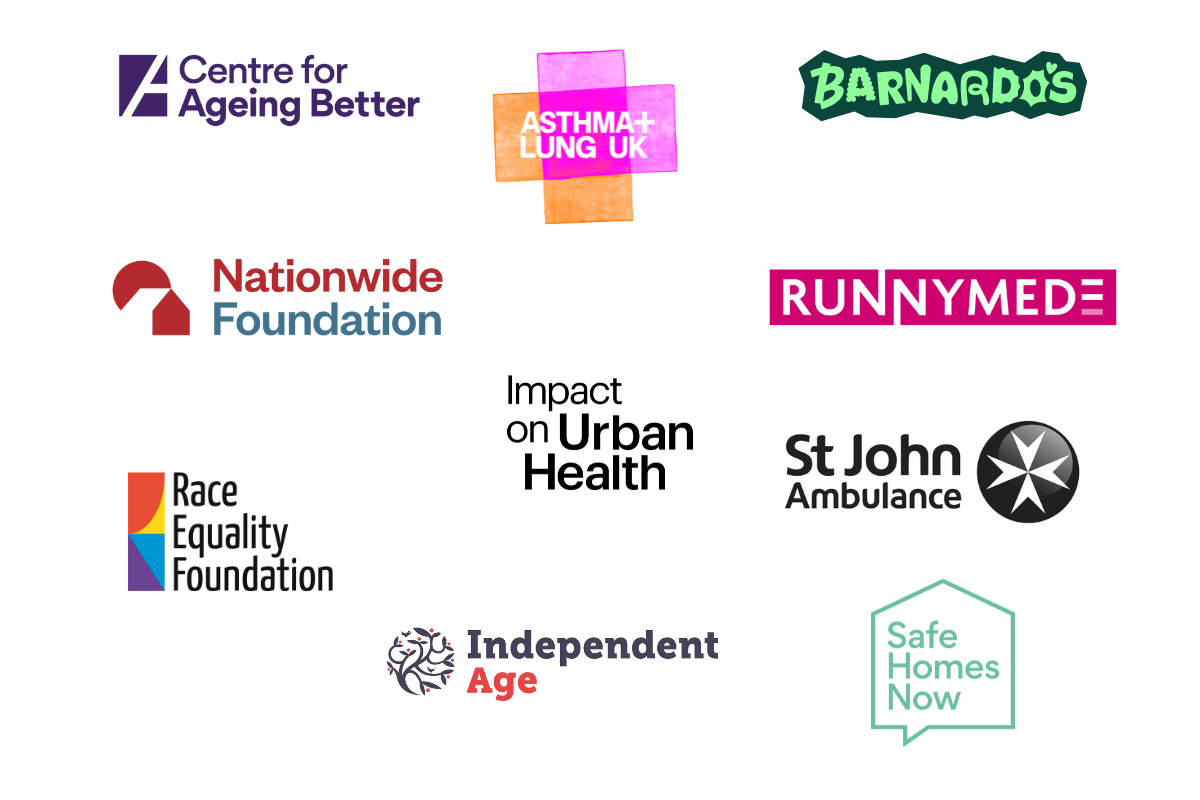
Initial members of the Safe Homes Now campaign are:
- The Centre for Ageing Better
- Asthma and Lung UK
- Barnardo’s
- Impact on Urban Health
- Independent Age
- Nationwide Foundation
- Race Equality Foundation
- The Runnymede Trust
- St John Ambulance
If you are part of a charity interested in joining the campaign, please contact: [email protected]
